The spectre of Covid is still hovering over the Chinese economy, threatening to cause fresh snarl ups for supply chains and demand for goods.
But troubleshooting efforts by authorities to help stabilise the beleaguered property sector have helped pare losses in Asia, spreading optimism as trading got underway in London.
Regulators have asked Chinese banks to extend loans to real estate companies in a reasonable manner, as part of efforts to try and stabilise the shaky-looking sector.
These efforts aimed at patching up a malfunctioning part of the economy are offering some hope that China will not have to cope with two crises at once in the months to come.
Energy stocks have also bounced back along with the resurgent oil prices after a volatile Monday which saw Brent Crude briefly dip to $82 a barrel as speculation swirled that OPEC+ may increase production.
Saudi Arabia has rebuffed those suggestions with the energy minister Prince Abdulaziz bin Salman suggesting the complete opposite scenario was more likely and that another production cut could be on the cards.
With the oil price hovering around $87 a barrel amid expectations of falling demand it does offer some relief for consumers and companies who have had to cope with painful price spikes in the Spring and Summer being passed on.
Gas prices also remain steady with European storage sites largely filled for the winter, but they are still five times the level they were 18 months ago, underlining why the cost-of-living crisis is still raging.
Shell’s warning that it is now reviewing its projects in the North Sea and across its renewable energy schemes due to the extended windfall tax will make uneasy reading for the Chancellor Jeremy Hunt, the UK finance minister, particularly given concerns that the Autumn Statement did not do enough to spark growth through investment.
Warnings from BP earlier in the year about the possibility it could drop some spending commitments did not materialise, although that was when the windfall tax was only due to stay in place until 2025.
Now the levy has been extended and increased, it is little surprise that fresh reviews are underway.
However, the outgoing CEO of Shell Ben van Beurden did indicate the burden to help the poorest in society should fall on the sector and given that Shell’s new CEO Wael Sawan comes from the renewables division, any cutbacks especially in cleaner greener projects are still likely to be minimal.
The risk that oil and gas companies could fall into the ethical waste bin if such projects are delayed will also be playing on minds, particularly given the fresh stark warnings made at COP 27.





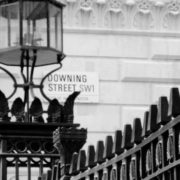
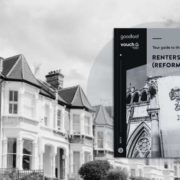

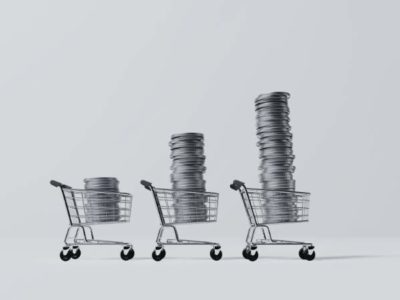
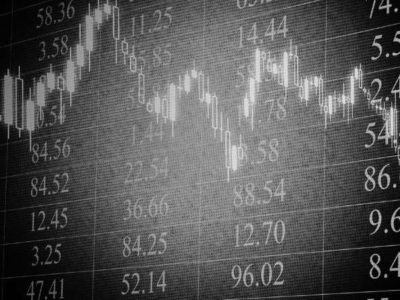



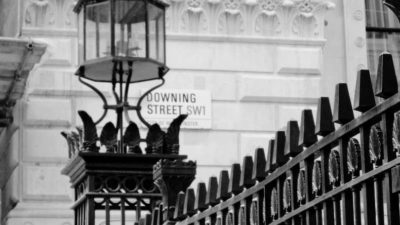
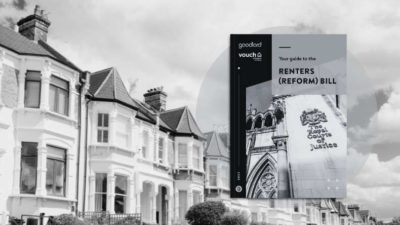







Comments